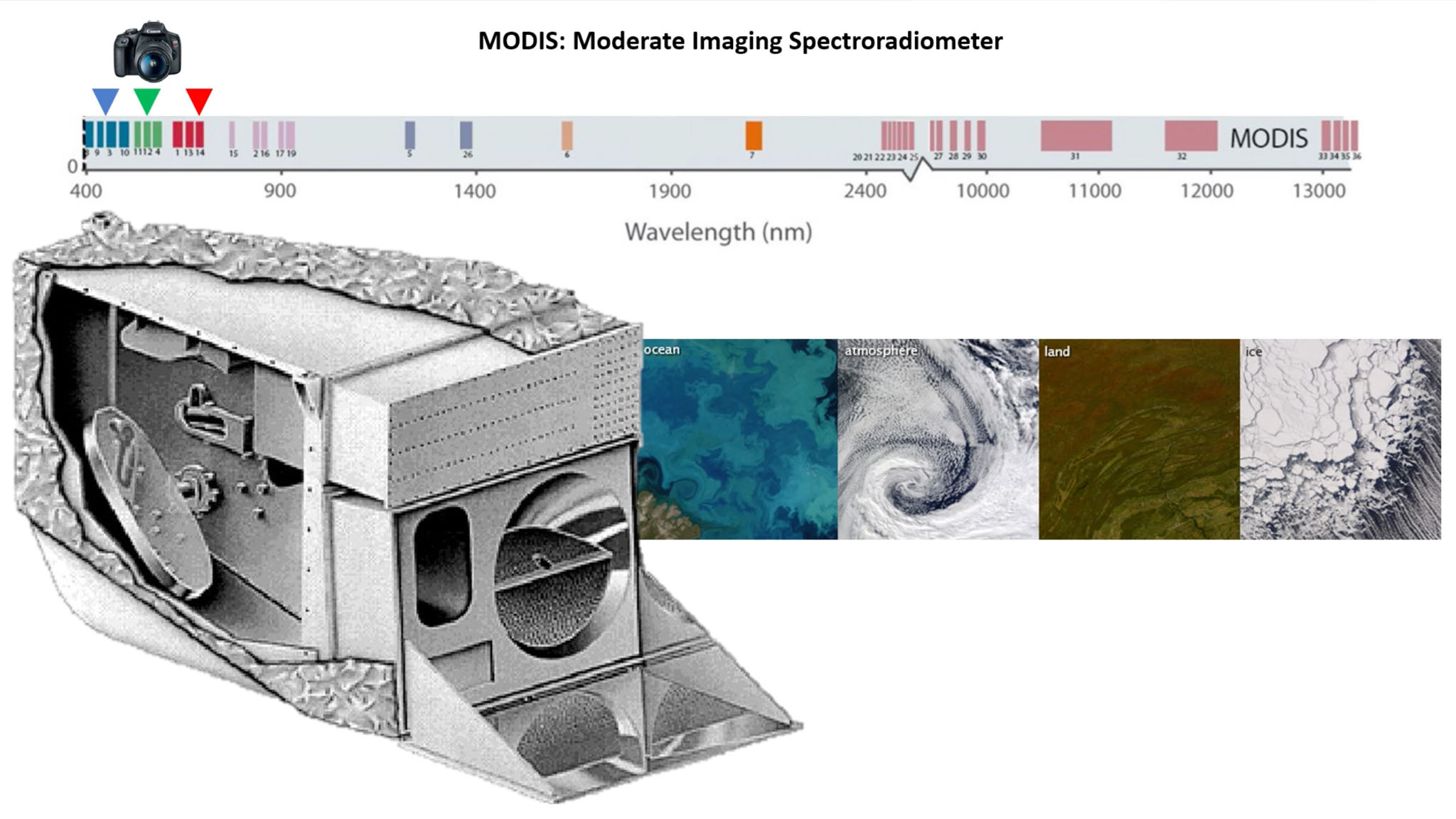



Prof Schaaff is a member of the NASA MODIS science team. MGHPCC was used to process the NASA satellite data product "MCD43GF", version 6.1. This data product is from the MODIS instrument on the Terra and Aqua satellites, and is the BRDF/Albedo Gap-Filled Snow-Free Daily L3 Global 30ArcSec CMG. This project used 320 cores and over 2TB RAM to run C-based processing code. To accommodate the required level of throughput without I/O-limiting the compute usage, data were staged on a UMass data server and transferred to and from MGHPCC between jobs.